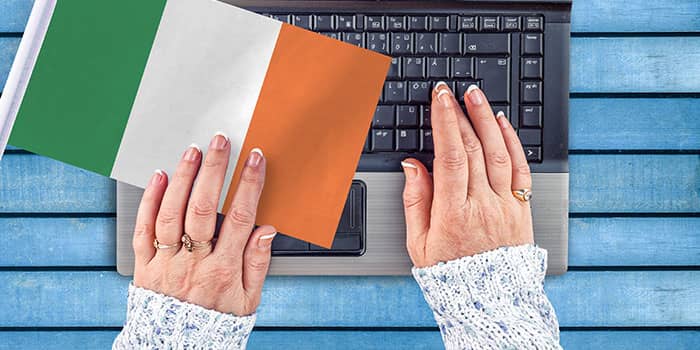Michigan Adopts Betting and Mobile Gaming Laws

Michigan has finally made the last step to legalizing sports betting and Internet gambling after the Senate passed House Bill 4916 on Thursday, December 12, with only three votes against it.
According to the legislation, all types of online gaming such as poker, blackjack, slots, as well as different casino games, will from now on be legal in the state where the gambling industry’s larger portion belongs to Native Americans.
A Bumpy Road to Passing the Betting Legislation
The truth is that passing the legislation wasn’t easy in Michigan. The law’s main opponent was former Michigan Governor Rick Snyder who put a veto on the internet gaming bills at the end of last year.
“The governor just vetoed the bills,” said Brandt Iden, House Republican and main sponsor of House Bills 4926, 4927 and 4928, in December 2018.
Michigan was on its way to legalize sports betting and mobile gaming, including poker, at the end of 2018, but Gov. Snyder hit back against the legislation with a veto. Iden shared his disappointment, provoked by Snyder’s refusal to adopt the bill despite bipartisan support for the bills.
Yet, a year later, House Bill 4916, also called the Lawful Sports Betting Act, was given a second chance after the Regulatory Reform Committee approved the necessary legislative amendments.
HB 4916 Sets Tax Laws for Gambling and Sports Betting in MI
Based on the bill, Michigan’s tax on the total revenue from sports betting is going to be lowered to 8.4% from the initially suggested 8.75%.
Apart from that, the Michigan casino industry, which as previously mentioned is dominated by native gaming, with 23 out of 26 casinos owned by tribes, will have to pay comparatively low fees to apply, obtain a license and renew any licenses thereafter. There will be a $50,000 fee for application, a 100 000-dollar fee for a first license, as well as a renewal fee of $50 000.
Along with the Lawful Sports Betting Act another bill – HB4311 – also passed by a significant margin in the Senate yesterday. HB4311 brought even more changes to the regulations, because of Michigan Governor Gretchen Whitmer’s concerns about internet lottery.
In her opinion, the new internet gaming regulations could be fatal to the online lottery’s revenue.
To prevent any negative consequences in relation to the iLottery losing gross gaming revenue (GGR), the tax rate has been raised to a minimum of 20%, for companies where the total revenue is below or up to $4 million while the tax for those company that would more than $12 million has gone up to 28%.
In addition to that the greater part of the tax from legal Internet gaming will go to the Michigan School Aid Fund, which has so far been financed by the lottery.
It has also been decided that in the first three years, deductions cannot surpass 10% of the gross revenue generated from Internet gaming. In the fourth year though, the deduction is going to be lowered to 6% and 4% in the fifth one.
From year six on, however; there are not going to be any deductions. Another important point is the approval of a 40% rate on slots. This measure is necessary because slot games are very similar to online lottery games.
Finally, it has been agreed that a yearly amount of $2 million generated from online gaming tax will be allocated to the First Responder Presumed Coverage Fund to financially support firefighters suffering from cancer.
Image credit: Michigan state Senate
With 4 years experience as an analyst, Julie—or ‘Jewels’, as we aptly refer to her in the office—is nothing short of a marvel-worthy in her attention to the forex and cryptocurrency space as she quickly became the first pick to co-pilot education to the masses with Mike.


